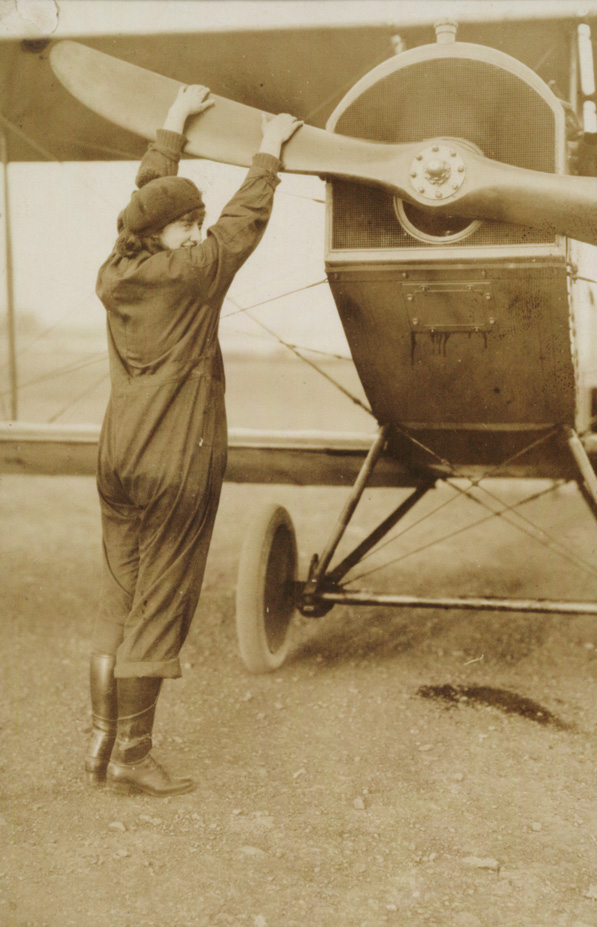Jean-Jacques Rousseau (1712–1778) Èmile Summary & Analysis
summary
Rousseau’s
Èmile is a sort of half-treatise, half-novel that recounts the life of a fictional man named Èmile. In it, Rousseau traces the course of Èmile’s development and the education he receives, an education designed to create in him all the virtues of Rousseau’s idealized “natural man,” uncorrupted by modern society. According to Rousseau, a man’s natural goodness can only be nurtured and maintained according to this highly prescriptive model of education, and Rousseau claims that his goal in Èmile is to outline that model, a model that differed sharply from all the accepted forms of the time.
the rousseau education system details a specific pedagogy for each stage of life, an educational method that corresponds to the particular characteristics of that stage of human development. consequently, Èmile is divided into five books, each corresponding to a stage of development. books i and ii describe the age of nature up to twelve years; books iii and iv describe the transitional stages of adolescence; and book v describes the age of wisdom, corresponding roughly to the ages of twenty to twenty-five. Rousseau claims that this stage is followed by the age of happiness, the final stage of development, which he does not address in Èmile .
in books i and ii, rousseau insists that young children in the age of nature should emphasize the physical aspect of their upbringing. like small animals, they must be released from constrictive swaddling, nursed by their mothers, and allowed to play outside, thus developing the physical senses that will be the most important tools in their acquisition of knowledge. later, as they approach puberty, they should be taught a manual trade, such as carpentry, and allowed to develop within it, further increasing their physical abilities and hand-brain coordination.
Rousseau goes on to say that when Èmile enters adolescence, he should begin formal education. However, the education that Rousseau proposes involves working only with a private tutor and studying and reading only what interests you, only what is “useful” or “pleasant”. Rousseau explains that in this way Èmile will essentially educate himself and become enthusiastic about learning. he will foster a love of all things beautiful and learn not to repress his natural affinity for them. Rousseau states that early adolescence is the best time to begin such a study, since after puberty the young person is fully developed physically but is not yet corrupted by the passions of later years. He is capable of developing his own reasoning faculties, under the guidance of a tutor who is careful to observe the personal characteristics of his student and suggest study materials according to his individual nature.
at this stage, Èmile is also ready for religious education, and in a subsection of book iv called “the creed of the savoyard priest”, rousseau describes that education. he depicts Èmile receiving a lesson from the Savoyard priest, who describes the proper relationship a virtuous natural man like Èmile should have with god, scripture, and the church. the main aim of the priest’s instruction is that Èmile must approach religion as a skeptic and a freethinker and that he must discover the greatness and truth of god through his own discovery, not through the forced ingestion of the dogma of the church.
Rousseau writes that only after a final period of studying history and learning how society corrupts the natural man, can Èmile venture unprotected into that society, without danger of being corrupted. Èmile ventures into book v, and immediately meets a woman, in the form of sophie. Rousseau devotes much of the final section to his love story, as well as a discussion of female education.
